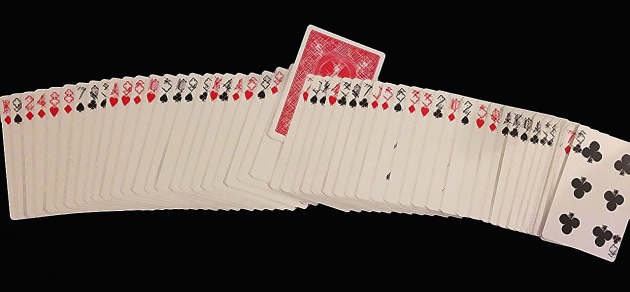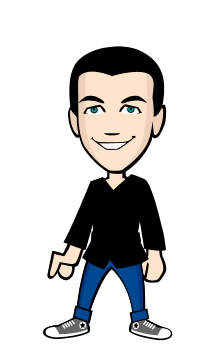Last week I had a great time discussing magic and education with my good friend Francesco Rulli.
Francesco is very involved with an online classroom program in Afghanistan and I'm quite familiar with close-up magic.
So when he asked me if there could be a case for teaching magic as part of a school curriculum, I raised my left eyebrow, smiled and answered "yes, absolutely".
Why would learning magic be useful in a classroom? What skills would it help develop? Has there been any study* on that subject?
When we think of magic the following words come to mind: tricks, sleight of hand, deception, misdirection.
I won't offend my fellow magicians by reducing magic to a few principles and techniques it employs. Magic is so much more than that.
However for purpose at hand here (benefits of learning magic in the classroom) I will focus on just a few key elements.

Learning magic requires perseverance. Students must apply themselves and put in a lot of practice.
Magicians must strive for perfection.
One might object that many other disciplines require similar perseverance, practice and perfection.
What about learning how to play the violin for example?
Well, I must admit that most, if not all, art forms require perseverance and practice but I believe that only magic has the following advantage:
you can know nothing about magic and after a 1-hour lesson you will be able to perform a trick that will blow away 99% of the people in the world.
How cool is that?
Think of how many hours of practice would be required to blow away 99% of the world with your violin performance...
While magic requires perseverance and practice, it also provides strong rewards very early which boosts up the student's self-confidence.
Magic also engages the performer with his/her audience. Magicians must master the art of story telling (with or without words) which provides them with strong presentation skills.
Finally and maybe most importantly, learning magic would allow students to maintain a healthy level of skepticism about their perception of reality.
Magic and its multi-layered deception techniques illustrates that things are not always what they seem to be.
Because of the way our human brains are wired, we can easily be deceived :
http://www.sleightsofmind.com/about-the-book/
We evolved to be great pattern recognizers and prediction makers, but these 2 extraordinary skills are also great weaknesses. People see patterns where there aren't any (not just bunnies in the clouds).
Learning magic will help develop students' critical thinking skill which in my opinion is one of the most important skill any student should have today.
We live in a world of exponential information growth and critical thinking is the only guide to weed through the information.
Nicolas Heron
*After my discussion with Francesco I came accross an article about Professor Richard Wiseman, a psychologist at Hertfordshire University, who carried out a study
that found that an hour lesson at a 'magic school' did more good for a group of 10 to 12-year-olds than their normal 'life skills' classes:
http://www.dailymail.co.uk/news/article-1054671/And-maths-magic-tricks-Harry-Potter-style-lessons-boost-childrens-confidence.html




